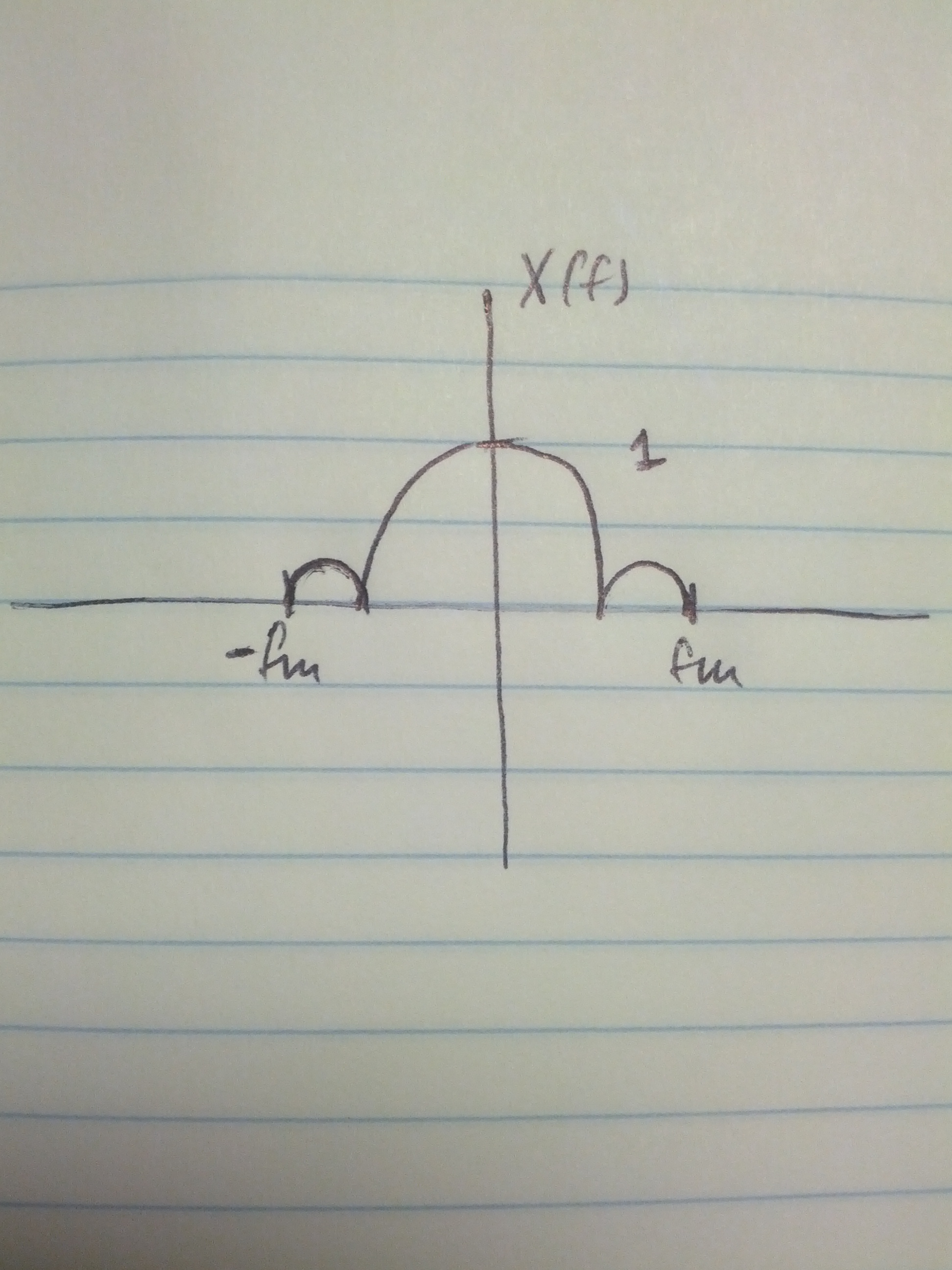| Line 9: | Line 9: | ||
Conclusion | Conclusion | ||
| − | Introduction Hello! My name is Ryan Johnson! You might be wondering | + | Introduction Hello! My name is Ryan Johnson! You might be wondering what a slecture is! A slecture is a student lecture that gives a brief overview about a particular topic! In this slecture, I will discuss the relationship between an original signal and a sampling of that original signal. We will also take a look at how this relationship translates to the frequency domain. |
Derivation F = fourier transform | Derivation F = fourier transform | ||
Revision as of 19:18, 6 October 2014
Outline
Introduction
Derivation
Example
Conclusion
Introduction Hello! My name is Ryan Johnson! You might be wondering what a slecture is! A slecture is a student lecture that gives a brief overview about a particular topic! In this slecture, I will discuss the relationship between an original signal and a sampling of that original signal. We will also take a look at how this relationship translates to the frequency domain.
Derivation F = fourier transform
$ \begin{align} comb_T(x(t)) &= x(t) \times p_T(t) &= x_s(t)\\ \end{align} $ Explanation 1 $ \begin{align} X_s(f) &= F(x_s(t)) = F(comb_T)\\ &= F(x(t)p_T(t))\\ &= X(f) * F(p_T(t)\\ &= X(f)*\frac{1}{T}\sum_{n = -\infty}^\infty \delta(f-\frac{n}{T})\\ &= \frac{1}{T}X(f)*p_\frac{1}{T}(f)\\ &= \frac{1}{T}rep_\frac{1}{T}X(f)\\ \end{align} $
Example
Conclusion


